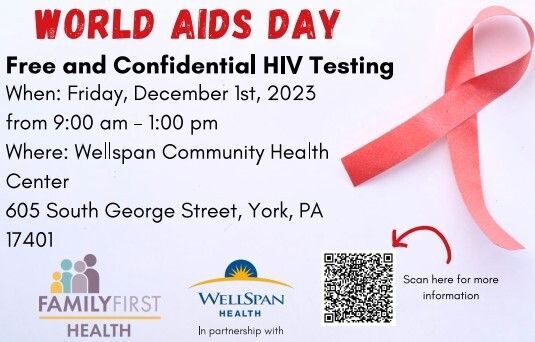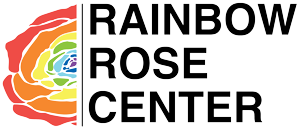
December 1st is World AIDS day, a day set on the calendar when we, globally, as a community, and as individuals, reaffirm our commitment to ending the HIV epidemic.
As many are aware, Acquired Immunodeficiency Syndrome (AIDS) is a disease caused by the Human Immunodeficiency Virus (HIV). In the 1980s, AIDS was a deadly diagnosis, and it was particularly traumatic for the LGBTQIA+ population in the United States. Today, the current state of HIV infection – a chronic but manageable disease – owes much to the LGBTQIA+ community, and the advocacy and determination with which they supported research and progress in treatment and prevention.
Though it is treatable, HIV is still a problem today, infecting 36,801 Americans in 2019. LGBTQIA+ people continue to be a group at higher risk of getting infected with HIV, and we all play a part in helping to prevent the disease and it’s spread.
HIV infection can occur by:
- having sex without a condom
- sharing injecting equipment like needles
- passing from mother to baby
- contaminated blood or organ transplants (rare in the US)
The United States Centers for Disease Control (CDC) is committed to ending the HIV epidemic and reducing new diagnoses of HIV in the US to 3,000 by 2030 (over 90% reduction from 2019!). Because HIV is not curable (currently!), this can only be done by:
- Diagnosing all patients with HIV (ASAP)
- Treat infected individuals rapidly (Persons with HIV in treatment are very unlikely to spread HIV to others)
- Prevent new transmissions with practices like syringe/needle exchanges and medications that people can take to prevent themselves getting HIV, like Pre-Exposure Prophylaxis (PreP) and Post-Exposure Prophylaxis (PEP)
- Responding quickly to potential outbreaks
These are lofty goals! But we can all commit to doing our part on this World AIDS Day:
GET TESTED. Knowing your status and getting prompt treatment greatly reduces the chance that you could pass
- HIV to someone else. (see resources below)
- Talk to your family doctor about and consider treatments like PreP and PEP, to protect yourself or your loved ones.
- Advocate and encourage access to treatment for HIV, and treatments like PreP
- Advocate for ongoing research to find a cure for HIV
HIV resources and locations for testing, treatment, and medications like PreP
In York
- Family First Health Caring Together Program
https://www.familyfirsthealth.org/services/community-health/caring-together - York World AIDS Day Testing Event at WellSpan Community Health Center
